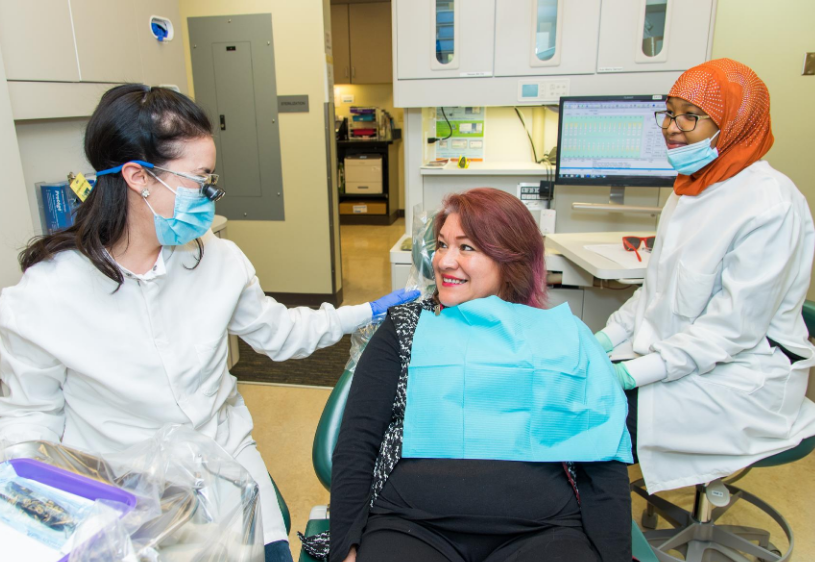Your dentist appointment is coming up and you have questions. Don’t worry, Dental Hygienist, Linda Charles answers some of the most asked questions by patients.

What is Periodontal disease? Explain?
Periodontal (gum) disease is an infection of the tissues that hold your teeth in place. It's typically caused by poor brushing and flossing habits that allow plaque—a sticky film of bacteria—to build up on the teeth and harden. It starts with swollen, red, and bleeding gums. If left untreated, it can spread to the bones surrounding the gums, making it painful to chew. In the worst cases, teeth may become loose or need to be removed.
What is deep cleaning and what are its benefits?
Deep cleaning, also called Scaling and Root Planing (SRP) is a procedure done below the gumline to treat gum disease. It may take more than one visit to complete and may require a local anesthetic. It stops the progression of periodontal disease by removing plaque or tartar below the gumline. Some of the benefits are-helps treat current infection, promotes healing, eliminates bad breath, and protects your roots and jawbones.
Which toothbrush is better?
Both manual and powered toothbrushes are effective at removing plaque. While the powered toothbrushes can be more expensive than most manual toothbrushes, some people prefer the powered version. People who have dexterity problems—like the elderly, people with disabilities, or children—or those who have dental appliances, like braces, may find a powered toothbrush easier to use. The American Dental Association recommends for people to brush their teeth for two minutes twice a day with a toothbrush that has soft bristles.
How often should I get my teeth cleaned professionally?
Regular cleanings reduce the risk of developing periodontal disease and dental decay, ensuring that your smile remains as clean as possible. Patients should have their teeth cleaned on a regular basis, but typically every six months. Professional teeth cleaning allows your teeth to be thoroughly cleansed of plaque, tartar, and bacteria, reducing your risk of dental issues in the future. Teeth cleanings also help keep bad breath at bay and support whole-body health.
Source credits- Center for Disease control, American dental association, National institute of health.
Hear more from Dentist, Emily Michel on integrated dental care at HealthPoint.
